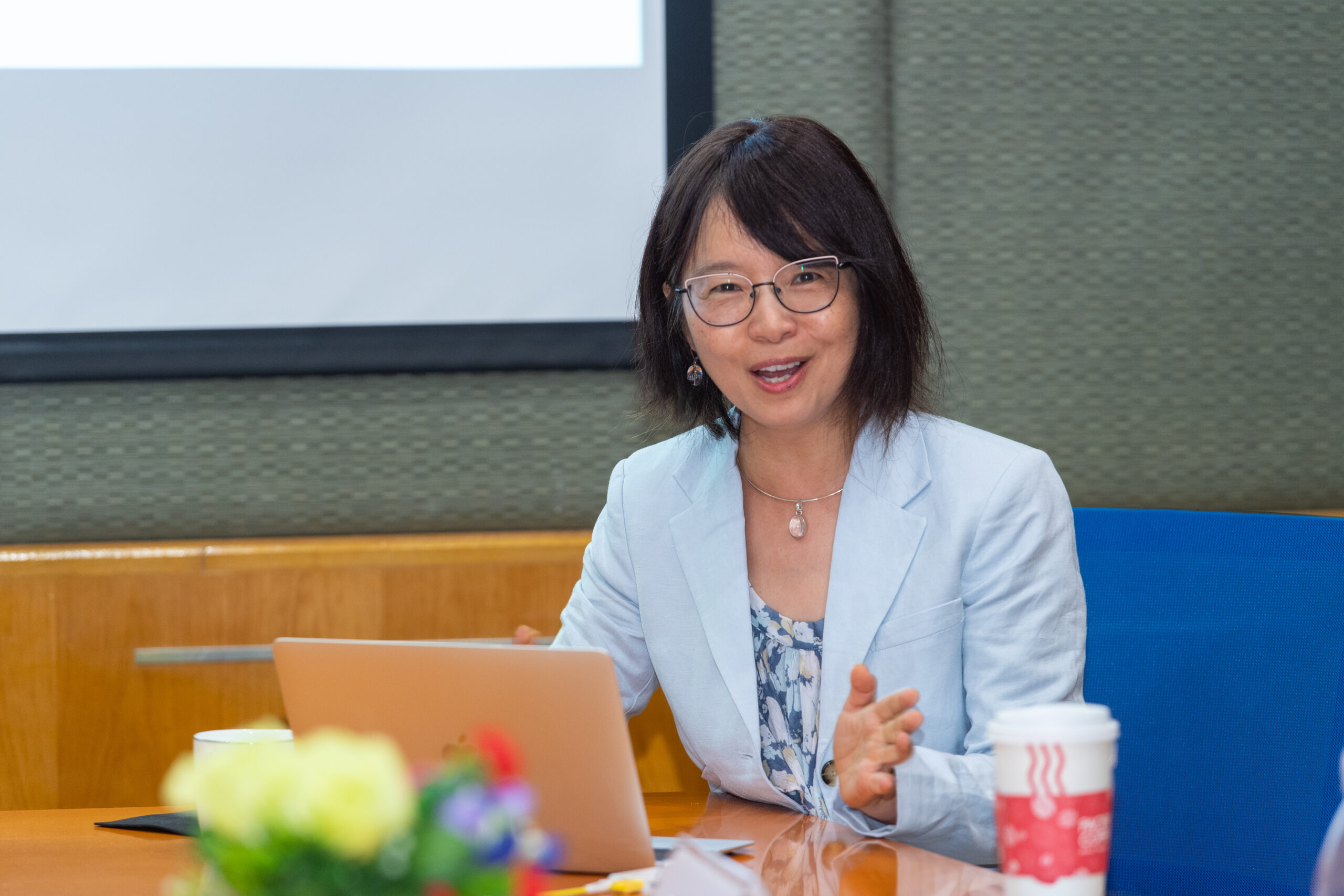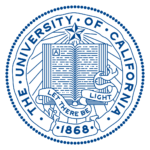About:
Xiaorong Li’s areas of research are concerned with gender and literary production, women’s writings, literati culture, and literary trends in late imperial China (ca. 1500–1900). She also conducts research on classical Chinese poetry in Japan and Korea from the sixteenth to the nineteenth centuries. Her first monograph, Women’s Poetry of Late Imperial China: Transforming the Inner Chambers, uses the physical, social and symbolic location of women in the gendered division of space— the inner chambers [gui or guige] — as a theoretical focus of an examination of Ming-Qing women’s approach to the writing of poetry. Her second book is titled, The Poetics and Politics of Sensuality in China: The “Fragrant and Bedazzling” Movement (1600-1930). “Fragrant and bedazzling” (xiangyan) is a Chinese phrase synonymous with sensual and bewitching feminine beauty and, in literature, eroticism. Drawing on extensive archival research, this book argues that sensual lyricism is more political than its sensuous surfaces—and China’s lyrical tradition is sexier and more “modern”—than existing histories have led us to believe. It demonstrates that dominant political ideologies and cultural practices of early modern China always faced counteractions in the form of a discourse of sensuality, femininity, and romance. In her new projects, she continues to explore one of the most remarkable achievements in poetic culture during the late imperial period, the production of an unprecedented number and variety of anthologies. Li was trained in Chinese linguistics first at Peking University and subsequently studied late imperial Chinese literature at McGill University. She taught at Swarthmore College and Beijing Language University (formerly known as Beijing Language Institute) before coming to UCSB.
Publications:
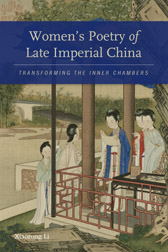
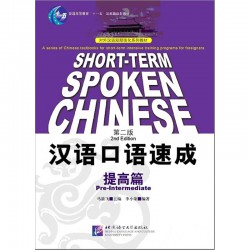
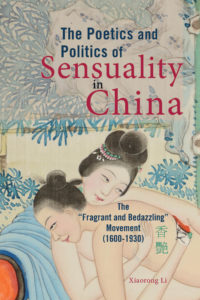
- The Poetics and Politics of Sensuality in China: The “Fragrant and Bedazzling” Movement (1600-1930), Cambria Press, 2019
- Women’s Poetry of Late Imperial China: Transforming the Inner Chambers, University of Washington Press, 2012.
- Hanyu kouyu sucheng: Tigao pian [Intensive Study on Conversational Chinese: Developing Skills]. Beijing: Beijing yuyan daxue chubanshe, 2006. 2nd edition, a revised and expanded edition.
Selected Articles:
- “Image, Word, and Emotion: The Persistence of the Beautiful/Lovelorn Woman in the New-Style “One Hundred Beauties” Albums (1900-1920s)
- “Beauty without Borders: A Meiji Anthology of Classical Chinese Poetry on Beautiful Women and Sino-Japanese Literati Interactions (the 17th C-20th C).” Journal of the American Oriental Society 136.2 (2016): 371-95.
- “Representing the Feminine ‘Other’: Gu Zhenli’s 顧 貞 立 (1623-1699) Song Lyrics to her Female Friends.” Journal of Oriental Studies 82.2 (2016): 19-38.
- “Who are the Most Beautiful Women of China? : The ‘One Hundred Beauties’ Genre in the Qing and Early Republican Eras.” Frontiers of Literary Studies in China 7.4 (December 2013): 617-53.
- “‘I Sliced my Flesh into Paper, and Ground my Liver into Ink’: Wang Cihui’s (1593-1642) Sensualist Poetry as an Alternative Route to Self-Realization.” Ming Studies 67 (2013): 30-53.
- “女性声音与主体:西方汉学研究明清女性诗歌的理论与方法”(Female Voice and Subjectivity: Theories and Approaches in Western Scholarship on Ming-Qing Women’s Poetry) 国际汉学研究通讯 (Newsletter for International China Studies) (2013): 4-19.
- “Eating, Cooking, and Meaning-Making: Ming-Qing Women’s Poetry on Food.” Journal of Oriental Studies 45.1&2 (2012):27-44.
- “夫唱婦隨:明清過渡時期李元鼎和朱中楣的詩歌唱和 (Wife echoing husband: the poetic exchange between Li Yuanding and Zhu Zhongmei).” 清代文學研究集刊 (Journal of Qing Literature) vol. 5 (2012):144-160.
- “‘Singing in Dis/Harmony’ in Times of Chaos: Xu Can’s Poetic Exchange with Her Husband Chen Zhilin during the Ming-Qing Transition.” Research on Women in Modern Chinese History 19 (2011): 215-54.
- “Woman Writing about Women: Li Shuyi’s (1817-?) Project on One Hundred Beauties in Chinese History.” Nan Nü: Men, Women and Gender in China 13.1 (2011): 52-110.
- “Gender and Textual Politics during the Qing Dynasty: The Case of the Zhengshi ji.” Harvard Journal of Asiatic Studies 69.1 (June 2009): pp. 75-107 .
- “Engendering Heroism: Ming-Qing Women’s Song Lyrics to the Tune Man jiang hong,” in Nan Nü: Men, Women and Gender in China 7.1 (2005): pp. 1–39 .
Courses Taught:
- CHIN 127 A/B/C Fourth Year Chinese
- CHIN 143 Urban Legends: Traditional Chinese Stories
- CHIN 144 Women Writers of Late Imperial China
- CHIN 146 & 246 Poetic Culture of Late Imperial China and Beyond
- CHIN 245 Gender and Expression in Premodern Chinese Literature
- CHIN 247 New Directions in Chinese Literary and Cultural Studies
- EACS 4A Pre-Modern East Asian Traditions
- CLIT/CHIN 31. Asian Literature: Chinese Love Stories
